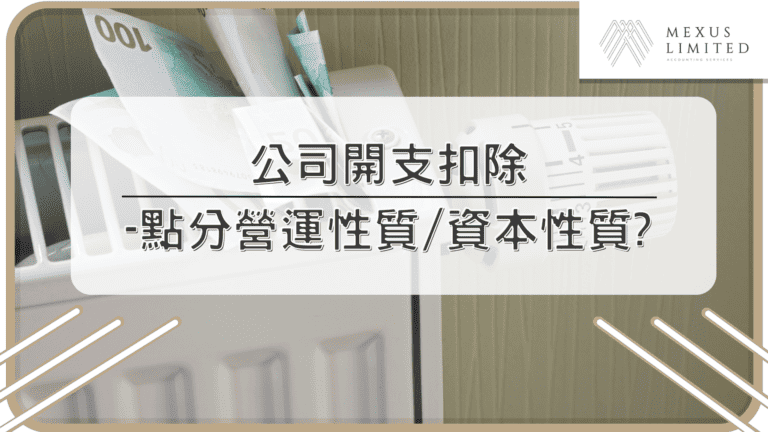Can capital expenditure incurred outside Hong Kong be deductible for profits tax purposes?
The Court of Final Appeal (“CFA”) ruled in August 2013 that there were no arguable grounds for the taxpayer to further appeal the tax case to a higher court. The CFA upheld the denial of profits tax deduction for certain fixed assets used by Hong Kong taxpayers in their manufacturing operations in the PRC.
BACKGROUND
Braitrim (Far East) Ltd v Commissioner Of Inland Revenue
The taxpayer was incorporated in Hong Kong in 1998. The taxpayer was engaged in the business of supplying plastic coat hangers and related packaging materials until it ceased business in 2002. The hangers were manufactured by two PRC companies unrelated to the taxpayer under the direction of the taxpayer’s staff seconded to the PRC using molds provided by the taxpayer. The molds were used to manufacture the hangers and sold to the taxpayer, while the ownership of the molds remained with the taxpayer.
The taxpayer’s profits for the years of assessment 2000/01 to 2002/03 were treated as fully chargeable to profits tax in Hong Kong. In calculating its assessable profits, the Taxpayer claimed full tax deduction for the cost of the molds under section 16G of the Inland Revenue Ordinance. The amounts were HK$11 million, HK$3 million and HK$4 million respectively. The amounts were apportioned for 2000/01, 2001/02 and 2002/03 respectively. IRD challenged the deduction on the ground that these assets did not qualify as “prescribed fixed assets” within the meaning of section 16G of the IRO.
In August 2011, the Board of Review dismissed the taxpayer’s appeal. The taxpayer bypassed the Court of First Instance and appealed to the Court of Appeal. The Court of Appeal upheld the opinion of the Board of Review and ruled against the taxpayer.
The case was finally appealed to the Court of Final Appeal.
The Dispute
The case involved the interpretation of the term “lease” and whether the statutory definition under section 2 of the Inland Revenue Ordinance (“IRO”) should be followed.
The statutory definition under section 2 of the Inland Revenue Ordinance (“IRO”) reads:
in relation to any machinery or plant, includes
any arrangement under which the right to use the machinery or plant is given by the owner of the machinery or plant to another person; and
any arrangement under which a right to use the machinery or plant derived directly or indirectly from a right referred to in paragraph (a) is given by one person to another person, but does not include any hire-purchase agreement or conditional sale agreement unless the Commissioner is of the opinion that it is reasonably foreseeable that the right to purchase the goods or the right to acquire title to the goods under such an agreement will not be exercised
The taxpayer is of the view that its arrangement with the factory in the PRC does not fall within the definition of “lease” under the IRO. In that case, even if such expenditure was incurred outside Hong Kong, its capital expenditure could be deducted from its profits tax computation. However, IRD considered that the taxpayer’s manufacturing assets fell within the definition of “excepted fixed assets” under section 16G of the IRO rather than “prescribed fixed assets”.
The Court of Final Appeal’s ruling
The Court of Appeal upheld the Board of Appeal’s opinion and ruled against the taxpayer. The reason was that historical circumstances indicated that the legislature intended to apply the statutory definition under section 2 of the IRO to the situation under section 16G as well as section 39E of the IRO. The Court of Final Appeal (“CFA”) ruled in August 2013 that the taxpayer did not have any arguable grounds for further appealing the tax case to a higher court and denied the taxpayer’s application for appeal.
Conclusion
The taxpayer was unable to establish its case both at the administrative level and in court. This case confirms that a Hong Kong entity does not receive any tax deduction or depreciation allowance for manufacturing assets supplied for use in factories outside Hong Kong. In view of the substantial tax costs incurred by this practice, Hong Kong manufacturers must look for alternatives to business reorganization in order to remain competitive. If you are in any doubt, please consult a tax or legal professional.


